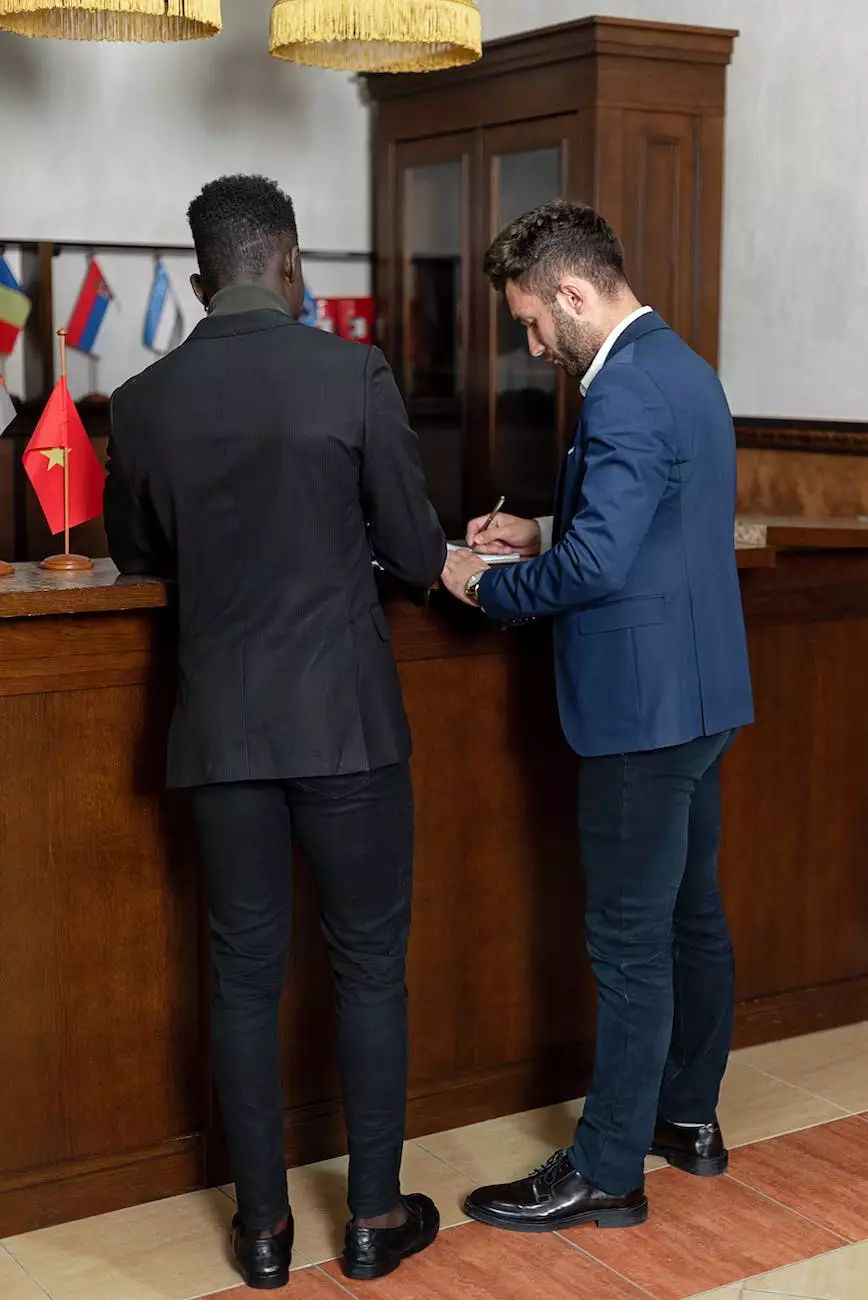16 Books Every Lawyer Should Read
Resources
The Importance of Reading for Lawyers
As a lawyer, staying up to date with the latest developments in your field is crucial. One of the most effective ways to expand your legal knowledge and gain valuable insights is through reading. Books offer a wealth of information, case studies, and perspectives that can help you become a better legal professional.
1. "To Kill a Mockingbird" by Harper Lee
Harper Lee's timeless novel explores themes of racial injustice and the power of moral courage. As a lawyer, understanding the complexities of prejudice and the impact of social dynamics is essential for providing fair representation.
2. "The Art of War" by Sun Tzu
Sun Tzu's classic work on military strategy may not seem directly related to law, but it offers valuable insights about tactics, negotiation, and conflict resolution. Applying these principles to the legal profession can enhance your strategic thinking abilities.
3. "Influence: The Psychology of Persuasion" by Robert Cialdini
Robert Cialdini's book delves into the psychology behind persuasion and the factors that influence human behavior. Understanding the principles of influence can help lawyers present their arguments more effectively and navigate negotiations with clients, judges, and opposing parties.
4. "The Legal Analyst: A Toolkit for Thinking about the Law" by Ward Farnsworth
Ward Farnsworth's book provides an analytical framework to think critically about legal issues. It offers practical insights on legal reasoning, statutory interpretation, and the application of law in different contexts.
5. "Getting to Yes: Negotiating Agreement Without Giving In" by Roger Fisher and William Ury
Negotiation is a fundamental skill for lawyers. Roger Fisher and William Ury's book offers a step-by-step guide to principled negotiation and finding mutually beneficial solutions. Learning these strategies can greatly enhance your ability to reach favorable outcomes for your clients.
6. "Justice: What's the Right Thing to Do?" by Michael J. Sandel
Michael J. Sandel's thought-provoking book explores various ethical dilemmas and the complexities of justice. It challenges lawyers to reflect on the underlying moral principles that guide the legal system and their role in upholding justice.
7. "Influence Emotions and Persuasion in Lawyers" by David A. Hoffman
David A. Hoffman's book focuses on the emotional dynamics and persuasive techniques relevant to lawyers. It helps lawyers understand how emotions play a role in decision-making and how to effectively leverage emotions in their arguments.
8. "Blink: The Power of Thinking Without Thinking" by Malcolm Gladwell
Malcolm Gladwell's book explores the power of intuition and rapid decision-making. Lawyers often need to make quick judgments and analyze situations swiftly. Understanding the cognitive processes behind this can improve your ability to make sound legal judgments.
9. "The Trial: A History from Socrates to O.J. Simpson" by Sadakat Kadri
Sadakat Kadri's extensive exploration of historical trials provides a fascinating insight into the evolution of the legal system. It helps lawyers understand the historical context of the law and the impact of landmark cases on the development of jurisprudence.
10. "Letters to a Law Student" by Nicholas J. McBride
This book offers practical advice and guidance for aspiring lawyers. Nicholas J. McBride covers various aspects of legal education, career choices, and the realities of practicing law. It is a valuable resource for law students and those starting their legal careers.
11. "The Elements of Style" by William Strunk Jr. and E.B. White
Strong writing skills are a must for any lawyer. "The Elements of Style" provides concise and practical guidance on grammar, style, and effective communication. Mastering these principles will help you write persuasive legal arguments and communicate more effectively with clients and colleagues.
12. "The Emotional Intelligence of Lawyers" by Ronda Muir
Ronda Muir's book delves into the importance of emotional intelligence for lawyers. It explores the connection between emotional intelligence, effective communication, and building strong client relationships. Developing emotional intelligence can significantly enhance your legal practice.
13. "The Construction of Contracts: Interpretation, Implication, and Rectification" by Gerard McMeel
This comprehensive guide focuses on the interpretation and construction of contracts. Gerard McMeel provides valuable insights into contract law principles, enabling lawyers to navigate complex contractual disputes and negotiate favorable terms for clients.
14. "The Anatomy of a Lawsuit" by Peter N. Simon
Peter N. Simon's book takes readers through the various stages of a lawsuit, providing a comprehensive understanding of the entire litigation process. It offers practical tips and strategies for both plaintiff and defense attorneys, helping lawyers excel in their practice.
15. "The Trial Lawyer's Art" by Sam Levenson
Sam Levenson's book delves into the art of trial advocacy, sharing insights on courtroom strategy, persuasive techniques, and effective storytelling. It offers practical advice for trial lawyers and enhances their ability to present compelling arguments in the courtroom.
16. "The Lawyer's Guide to Writing Well" by Tom Goldstein and Jethro K. Lieberman
Effective legal writing is crucial for success in the legal profession. Tom Goldstein and Jethro K. Lieberman's book provides lawyers with practical tips to improve their writing skills. It covers everything from grammar and punctuation to structuring persuasive arguments.
Conclusion
Reading these sixteen books will not only expand your legal knowledge but also improve your critical thinking, negotiation skills, ethical considerations, and overall effectiveness as a lawyer. Make sure to prioritize continuous learning and explore these valuable resources to enhance your legal expertise.




